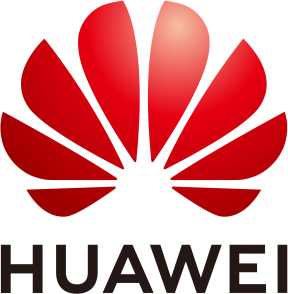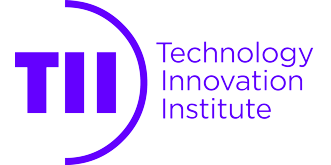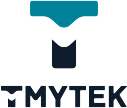Scope
Around the world, the adoption of 5G wireless networks is rapidly increasing, which has led to exciting global research and development activities aimed at formulating 6G as the next-generation mobile communication network. 6G is set to revolutionize the evolution of wireless from “connected things” to “connected intelligence,” enabling interconnections between humans, things, and intelligence. This will take place within a deeply intertwined and hyper-connected cyber-physical world characterized by the integration of communications, sensing, control, and computing. The upcoming 6G wireless networks in 2030 can be shaped by the revolutionary approach of AI, particularly deep learning (DL), which can design and optimize these networks across the physical, medium-access control, and application layers. However, most of the existing DL-based networks are data-driven and use a standard neural network structure as a black box, which requires a vast amount of data to train. In contrast, model-driven DL approaches construct the network topology based on known physical mechanisms and domain knowledge, making them less reliant on training data and requiring a shorter training time.
In essence, model-driven DL is composed of three essential parts: a model, an approach (algorithm), and a network designed for a specific task. The model is created based on physical mechanisms and domain knowledge. An approach is then developed based on the model and domain knowledge to solve the problem. This approach is used to obtain a deep network with learnable parameters that are trained using a back-propagation algorithm, similar to data-driven DL. Model-driven DL inherits the advantages of model-driven approaches while avoiding the need for accurate modeling. It has been applied to wireless communications, including channel estimation and feedback, data detection, resource allocation, channel decoding, and the design of transmission schemes.
Topics
Although previous studies have obtained promising results, model-driven DL for 6G communications is still in its infancy. This workshop aims to bring together researchers from academia and industry to identify and discuss the major technical challenges, recent breakthroughs, and novel applications related to model-driven DL for 6G. Topics of interest include but are not limited to:
-
Theoretical research for model-driven DL
-
Online training for model-driven DL
-
Domain generalization for model-driven DL
-
Model-driven DL for 6G physical layer communications
-
Model-driven DL for 6G resource allocation
-
Model-driven DL for 6G network optimization
-
Model-driven DL for transmission protocol design
-
Model-driven DL for 6G IoT
-
Model-driven DL for 6G localization and sensing
-
Model-driven DL for 6G near-field communications
-
Model-driven DL for 6G ultra-massive MIMO
-
Model-driven DL for 6G URLLC
-
Model-driven DL for 6G digital twins
-
Standardization progress of model-driven DL in 6G
-
Experimental demonstrations and prototypes
Important Dates
-
Workshop Paper Submission Deadline: 14 January 2023
-
Paper Notification Deadline: 26 January 2024
-
Final Paper Submission Deadline: 2 Feb 2024
Submission link
EDAS submission link: https://www.edas.info/newPaper.php?c=31875&track=121648
Final paper submission: TBD
Steering Committee Members
Khaled B. Letaief, The Hong Kong University of Science and Technology, Hong Kong, (eekhaled@ust.hk)
Robert Schober, Friedrich-Alexander University of Erlangen-Nuremberg, Germany, (robert.schober@fau.de)
Geoffrey Ye Li, Imperial College London, U.K., (geoffrey.li@imperial.ac.uk)
Shi Jin, Southeast University, China, (jinshi@seu.edu.cn)
Workshop Co-Chairs
Hengtao He, The Hong Kong University of Science and Technology, Hong Kong, (eehthe@ust.hk)
Xianghao Yu, City University of Hong Kong, Hong Kong, (alex.yu@cityu.edu.hk)
Derrick Wing Kwan Ng, University of New South Wales, Australia, (w.k.ng@unsw.edu.au).
Le Liang, Southeast University, China, (lliang@seu.edu.cn)
Hao Ye, UC Santa Cruz, USA, (yehao@ucsc.edu)








